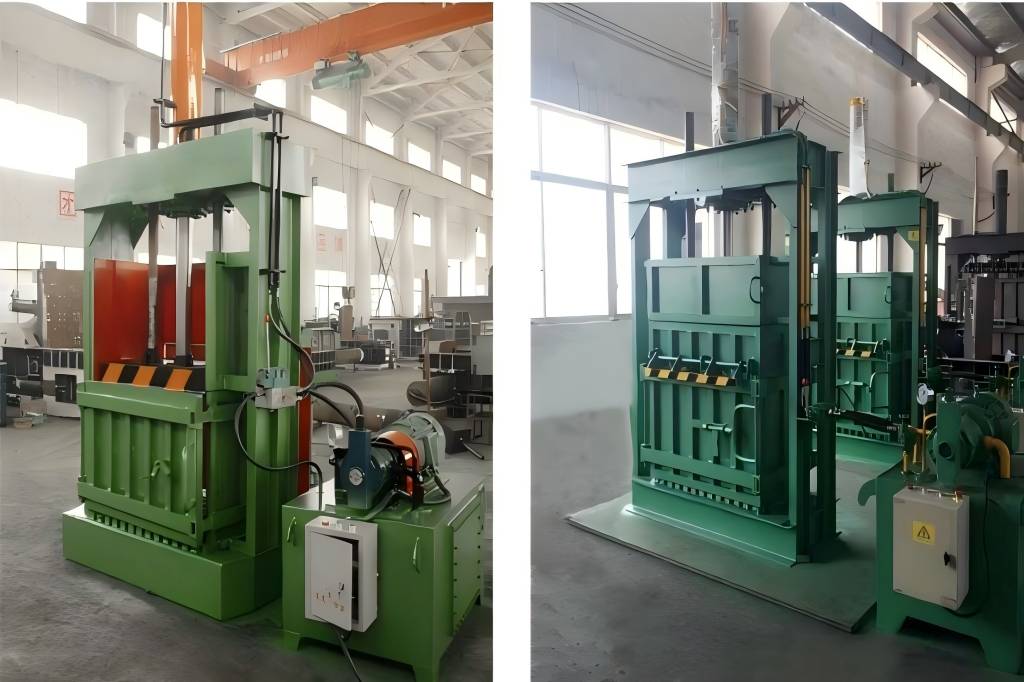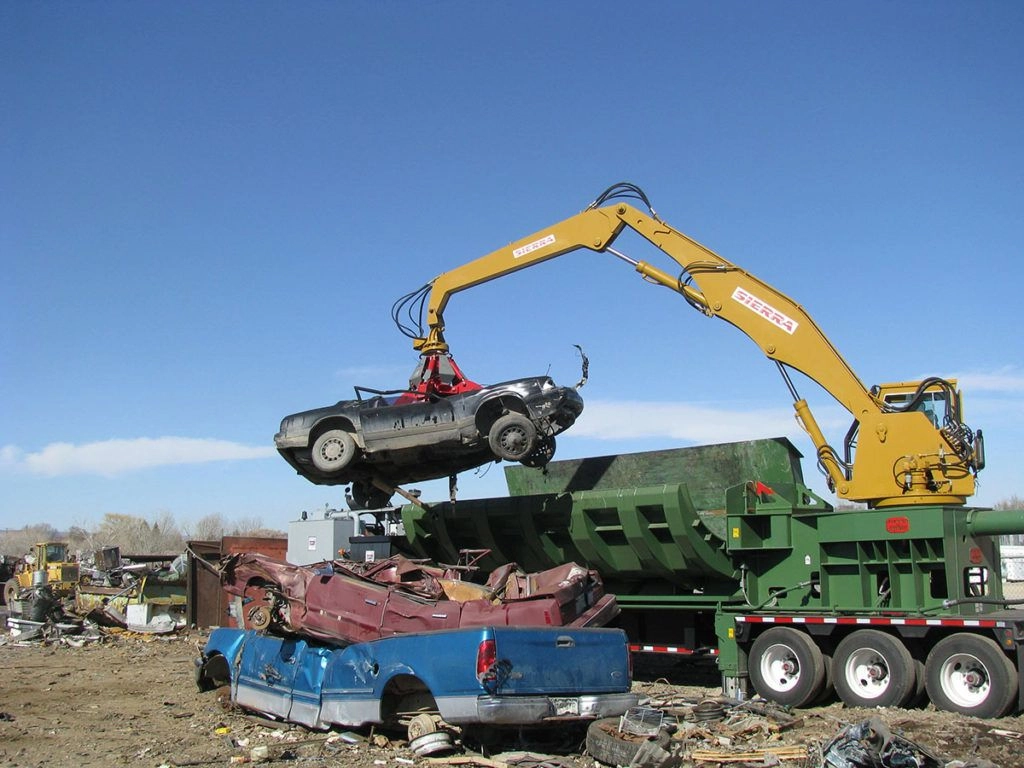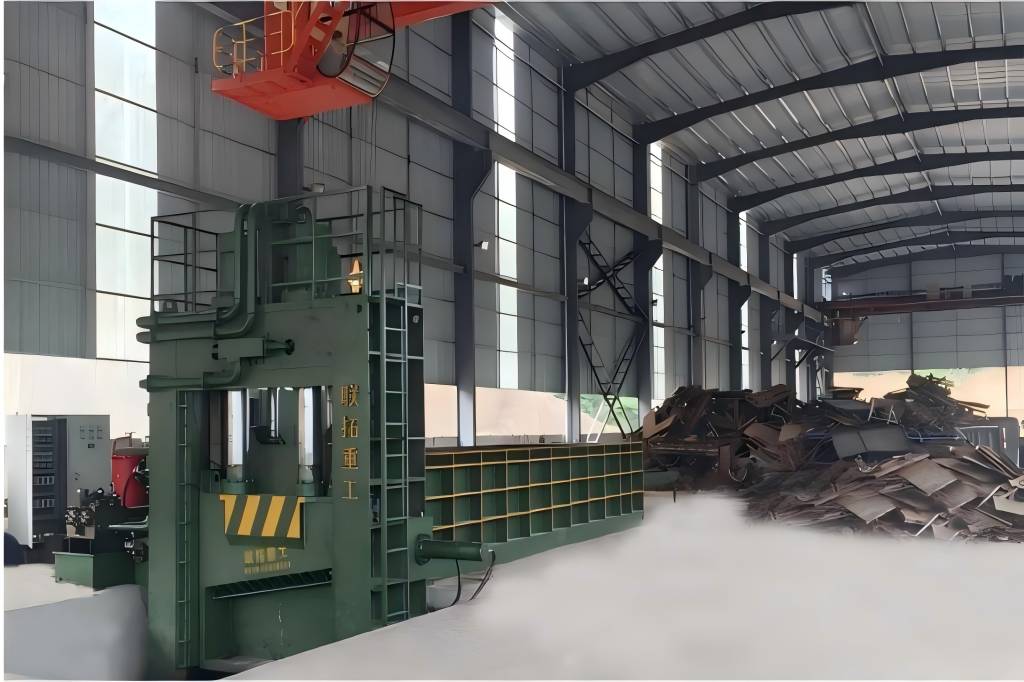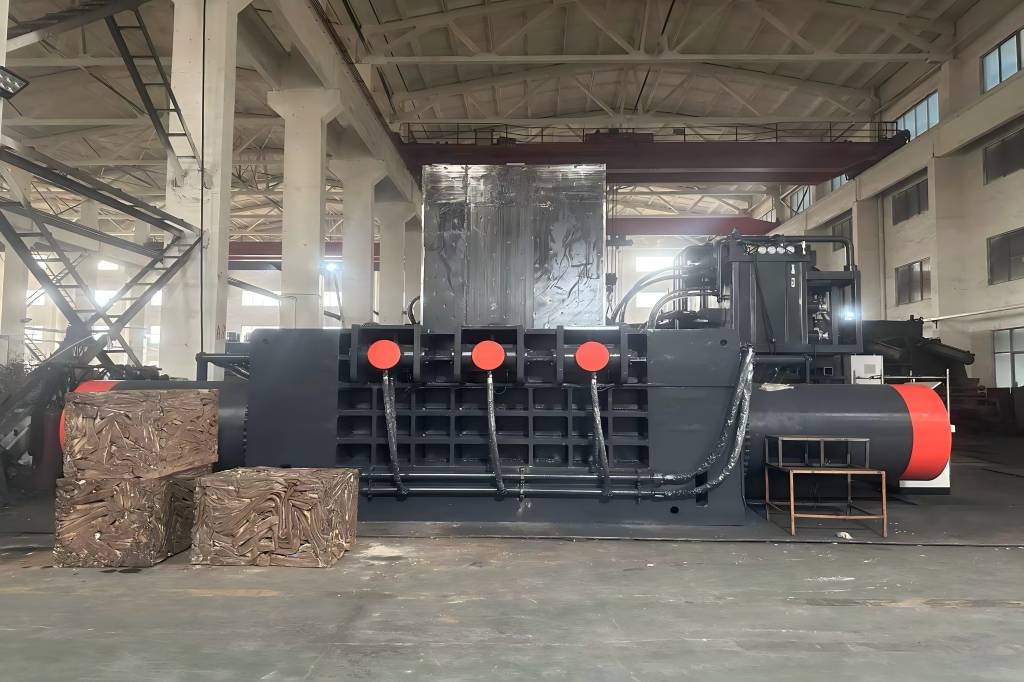As businesses increasingly prioritize sustainability, the need for efficient waste management solutions has never been greater. Among the various tools available, vertical balers stand out for their ability to compress waste materials like cardboard and plastic into manageable bales.
This article offers a thorough guide to choosing the best vertical baler for the waste processing requirements of your company.
Understanding Vertical Balers
Vertical balers are devices made to compress different kinds of garbage into tightly packed bales. These bales facilitate easier storage and transportation, significantly reducing the volume of waste that businesses must handle.
Ideal for locations with limited space, vertical balers operate by compressing waste materials from above, creating bales that can be easily tied and removed.
Types of Vertical Balers
When considering a vertical baler, it’s essential to understand the different types available in the market:
- Standard Vertical Balers: These are the most common type, suitable for businesses with moderate to high volumes of cardboard and plastic waste. They can handle different kinds of material and are available in a range of sizes.
- Heavy-Duty Balers: Designed for larger operations, heavy-duty balers can process more substantial volumes of waste and typically feature more powerful motors and enhanced durability.
- Bale Size Options: Vertical balers produce bales of various sizes, from small bales suitable for small businesses to large bales ideal for industrial applications. The size of the bale will impact transportation and storage options.
- Automated vs. Manual: Some vertical balers are fully automated, minimizing the need for manual intervention, while others require more hands-on operation.You may have a preference for one over the other based on your workflow and the number of employees available.
Key Considerations for Selection
Choosing the right vertical baler involves evaluating several factors:
1. Material Type and Volume
Understanding the types of materials you will be using is crucial. Although plastic and cardboard are the most widely used, take into account the amount produced every day. It can make sense to invest in a more durable baler if your company produces a lot of cardboard or plastic.
2. Baler Specifications
Different balers come with specific technical specifications, including:
- Compaction Force: This measurement indicates how much pressure the baler can exert. Higher compaction force leads to denser bales, which can save on transportation costs.
- Cycle Time: The speed at which the baler can complete a cycle affects productivity. A shorter cycle time means more bales are produced in less time.
- Motor Power: Stronger materials and higher quantities may be handled by motors with greater power. Ensure that the baler’s motor is sufficient for your needs.
3. Space Requirements
Vertical balers vary in size, so consider the space available for installation. Ensure there is adequate room not only for the baler itself but also for maneuvering around it and for any additional equipment or personnel involved in the baling process.
4. Safety Features
The most important consideration when choosing any machinery should be safety. For added safety, look for balers with automatic shut-off systems, safety guards, and emergency stop buttons. This ensures the safety of operators and reduces the risk of accidents.
5. Ease of Maintenance
Your baler’s durability depends on routine maintenance. Select an easy-to-maintain model with easily accessible parts and a simple servicing procedure. Some manufacturers offer comprehensive service packages, which can be beneficial for busy operations.
6. Cost Considerations
Take the whole cost of ownership into account, even if it may be tempting to go with the least expensive alternative. In addition to the initial purchase price, this also covers prospective energy consumption, maintenance expenses, and operating costs. Investing in a higher-quality baler may result in lower long-term costs due to efficiency and durability.
Benefits of Using Vertical Balers
Businesses wishing to enhance their waste management procedures can benefit greatly from investing in a vertical baler.
- Space Efficiency: Vertical balers are perfect for organizations with limited space since they compact waste into bales, which drastically lowers the number of materials that need to be stored.
- Cost Savings: Compressing waste into bales can lower disposal costs, as many waste management companies charge based on volume. Additionally, businesses can save on transportation costs when moving denser bales.
- Environmental Impact: By recycling plastic and cardboard, businesses promote recycling initiatives and lessen landfill trash, thus promoting environmental sustainability.
Improved Cleanliness: Using a baler can help maintain a cleaner work environment by minimizing loose waste materials scattered around the premises.
Common Applications for Vertical Balers
Numerous industries employ vertical balers, and each has specific needs:
- Retail: Grocery stores and retail outlets generate significant amounts of cardboard from packaging. Vertical balers help manage this waste efficiently.
- Manufacturing: Factories often produce waste materials, including plastics and cardboard, during production processes. Balers can increase recycling rates and simplify waste management.
- Logistics and Warehousing: Distribution centers handle vast quantities of packaging materials. Balers enable these businesses to manage their waste effectively, ensuring that recyclable materials are not sent to landfills.
- Printing and Publishing: The printing industry generates a lot of waste paper and cardboard. Balers assist in compressing this waste for easier disposal or recycling.
Selecting the Right Manufacturer
When choosing a vertical baler, selecting a reputable manufacturer is essential. Think about this:
- Experience and Reputation: Seek out producers who have a track record of creating balers of superior quality.
- Customer Service: A reputable manufacturer should provide first-rate customer service, which should include installation, instruction, and continuing assistance.
- Agreements for warranties and services: Make sure the manufacturer offers a comprehensive warranty as well as maintenance and repair service agreements.
Conclusion
Selecting the right vertical baler for waste cardboard and plastic is a crucial decision for businesses aiming to enhance their waste management practices.
By carefully considering factors such as material types, baler specifications, space requirements, and manufacturer reputation, companies can make informed choices that support their operational efficiency and sustainability goals.




